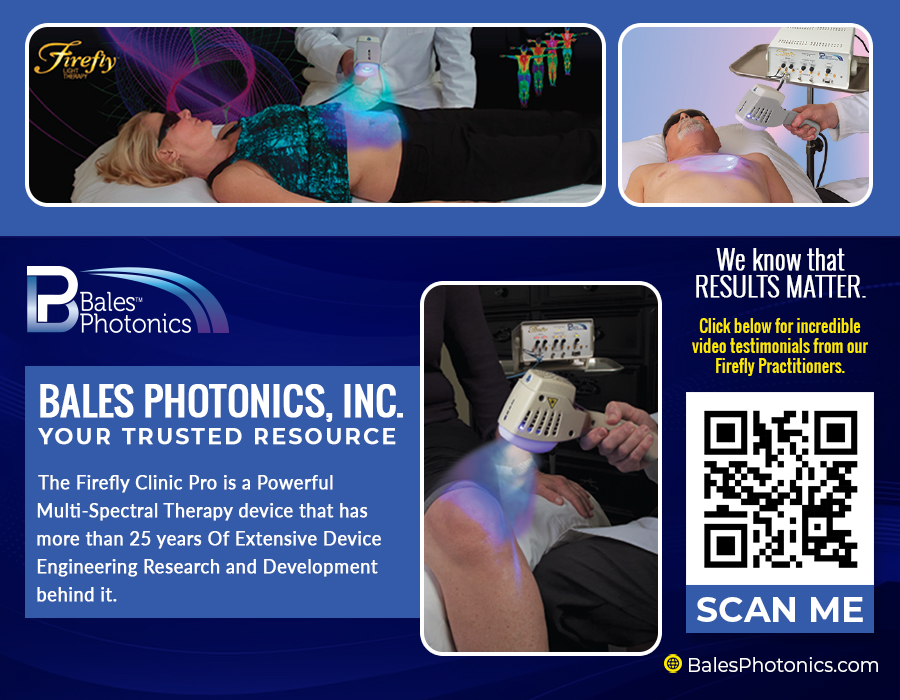Shalini Nagar
What are Predictive Biomarkers?
Predictive biomarkers refer to indicators that aid in predicting how a patient will respond to a specific treatment or therapy. These markers are valuable, for identifying individuals who’re likely to benefit from a particular treatment and those who might encounter adverse effects.
It’s worth mentioning that there’s a distinction between biomarkers and prognostic biomarkers. Prognostic biomarkers are used to forecast the outcome of a disease regardless of the treatment given. On the hand predictive biomarkers are specifically focused on anticipating how a patient will respond to treatment. In cancer treatment for instance, certain genetic mutations can act as predictive biomarkers to gauge how well a patient will respond to chemotherapy. By identifying these biomarkers, doctors can customize treatment plans, for patients ultimately increasing the chances of positive outcomes.
Why Are Predictive Biomarkers Important?
Predictive biomarkers are crucial in the development of personalized medicine and targeted therapies. These biomarkers offer insights into a patient’s probability of responding to specific treatments enabling more efficient and impactful treatment choices.
When it comes to drug development, predictive biomarkers are instrumental in identifying patients who will derive the benefit from new therapies. By doing so, they minimize the duration and expenses associated with clinical trials, potentially accelerating the approval and accessibility of life saving treatments.
Market Key Takeaways
- The market for predictive biomarkers is experiencing rapid growth. According to Research Nester, the size of the predictive biomarkers market is estimated to reach USD 30 billion by the end of 2035 with a projected compound growth rate (CAGR) of 20% between 2023 and 2035. In 2022 the industry’s size was USD 20 billion. This expansion is driven by the increasing demand for personalized medicine and targeted therapies as well as advancements in technology that enable more accurate and efficient biomarker discovery.
- Market research suggests that oncology sector currently dominates the predictive biomarkers market generating over half of all revenue. However, there are also growth opportunities in other areas such as cardiovascular disease, neurology and infectious diseases. As predictive biomarkers continue to evolve, we can anticipate prospects for growth and innovation.
- North America predictive biomarkers market emerged as the largest contributor to revenue generation in 2022. The region’s robust healthcare infrastructure and the rapid adoption of biomarkers played a role in fueling market growth. Moreover, the rising incidence of cancer and other disorders also contributed to the increase, in market revenue.
- On January 13th, 2022, AstraZeneca, a pharmaceutical and biotechnology company based in Cambridge (U.K.), joined forces with Scorpion Therapeutics, a biotechnology company located in Boston (U.S.). Through an agreement their aim is to discover, develop and market precision drugs targeting challenging cancer proteins. The partnership focuses on transcription factors; a group of proteins known for regulating gene expression and controlling physiological functions, like cell development and survival.
Examples of Predictive Biomarkers
The use of biomarkers in healthcare is widespread with various applications. They help identify individuals who may be at risk of developing diseases and predict how they will respond to particular treatments. For instance, in the case of breast cancer, predictive biomarkers like the HER2 protein can determine if chemotherapy will benefit a patient or if it would be unnecessary. The presence of this protein allows drugs such as trastuzumab to be targeted, improving survival rates for those with HER2 breast cancer.
Another example is melanoma, where the BRAF V600E mutation’s present in approximately half of all melanoma cases. Targeting this mutation with drugs like vemurafenib has shown results in improving survival rates.
Predictive biomarkers also find application in personalized medicine by analyzing a patient’s genetic makeup. By doing this, doctors can determine which treatments are most likely to be effective for that individual. This approach has proven successful in treating lung cancer, where predictive biomarkers have helped identify patients who respond well to targeted therapies.
Emerging Technologies in Predictive Biomarker Research
One of the advancements in the field of predictive biomarker research is the application of a technique called liquid biopsy. This innovative method involves examining biomarkers found in bodily fluids like blood or urine. Doing it provides valuable insights into the presence and progression of diseases. Liquid biopsy has the potential to transform cancer diagnosis and treatment by enabling detection and monitoring of tumors.
Another promising technology is gene editing through CRISPR-Cas9. This remarkable tool empowers scientists to make alterations to an organism’s DNA sequence, including humans. In the context of biomarkers CRISPR-Cas9 can be utilized to create animal models with specific genetic mutations that accurately simulate human diseases. These models can then serve as platforms for testing new drugs and therapies before conducting human trials.
Challenges in Predictive Biomarker Research
One of the hurdles in the development of predictive biomarkers involves the identification of suitable biomarkers for the specific disease or condition under investigation. This task necessitates a comprehension of the diseases underlying biology and genetics along with abundant access to meticulously gathered and reliable data.
One more hurdle to overcome is the validation of the biomarker. This includes conducting clinical trials to assess its accuracy, reliability and its capability to forecast patient outcomes. The process of validation can be both time consuming and costly, with the added concern that the biomarker may not deliver the expected results.
Future Directions in Predictive Biomarker Research
Looking ahead the possibilities of predictive biomarkers are immense and thrilling. One field that could benefit greatly from their potential is cancer treatment. By pinpointing which patients are most likely to respond positively to specific therapies we can customize treatments for individuals and enhance their outcomes. Moreover, predictive biomarkers can help identify individuals at a risk of developing certain diseases enabling earlier interventions and better overall health outcomes.
Another promising application of biomarkers lies in drug development. By identifying biomarkers associated with drug response, we can create precise therapies that are not only more effective but also have fewer side effects. This could potentially expedite drug approvals, ultimately improve patient outcomes.
Summing Up
In summary predictive biomarkers play an immense role in personalized medicine and the development of drugs. They enable precise targeted therapies and lead to better outcomes for patients. It is important to differentiate between biomarkers and prognostic biomarkers while understanding how they are applied in various diseases.
Nonetheless there are obstacles in the creation and validation of biomarkers necessitating collaboration among researchers, clinicians, and industry partners. The advent of cutting-edge technologies like genomics, proteomics, and artificial intelligence holds potential for revolutionizing research on predictive biomarkers and enhancing patient care.
Source: https://www.researchnester.com/reports/predictive-biomarkers-market/3175
Published December 2, 2023
About the Author

Shalini Nagar brings a wealth of writing experience to the table through her work. She has gained proficiency in areas such as crafting website content, writing press releases and articles, creating engaging blog posts, editing work conducting research, and designing infographics. These diverse skills have made her a rounded writer and a valuable member of the team, at Research Nester Pvt. Ltd.

